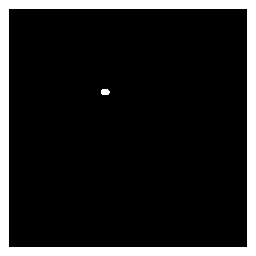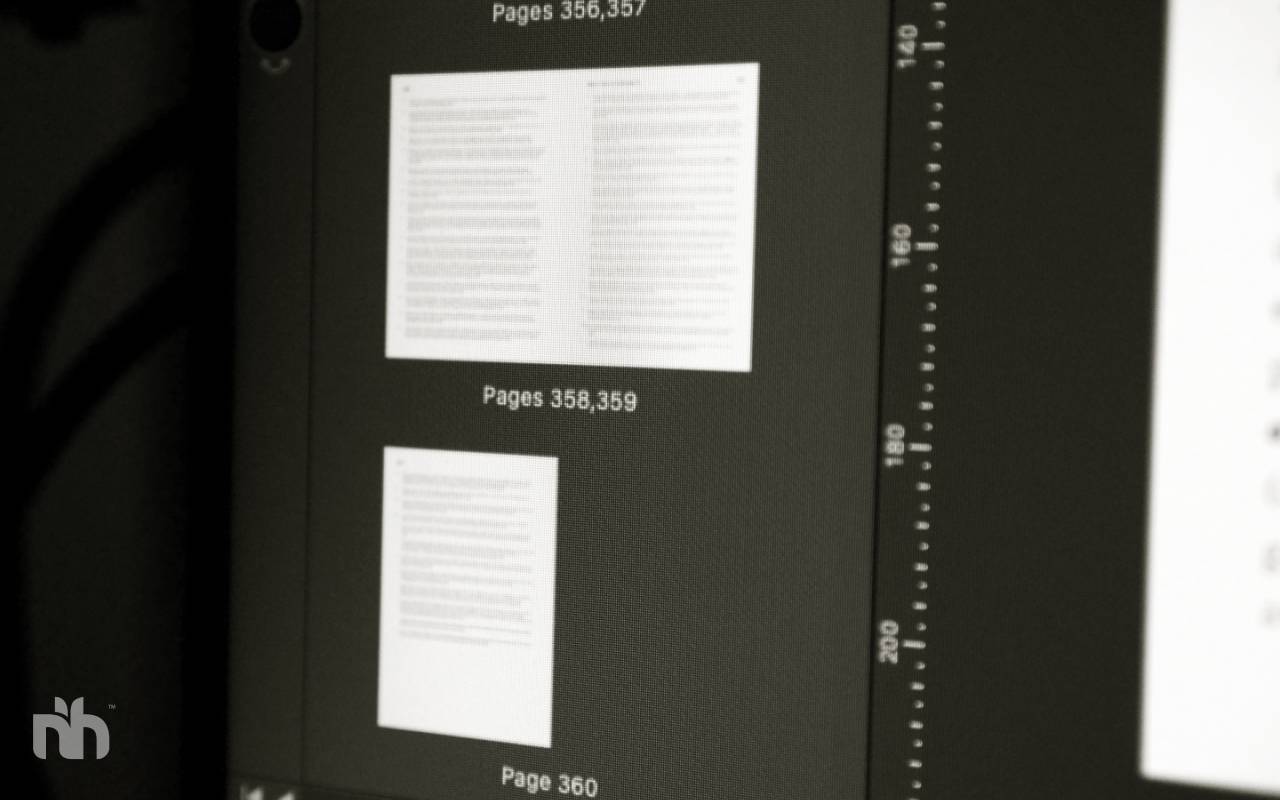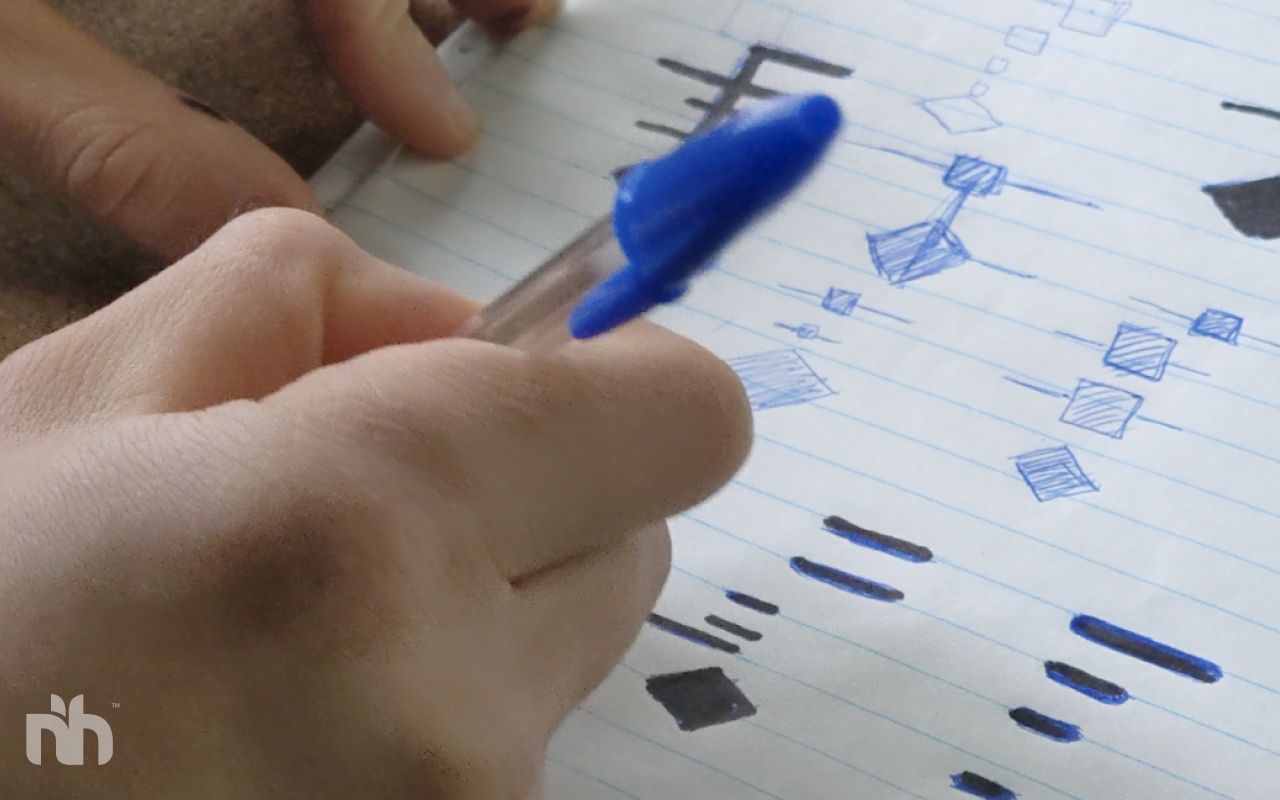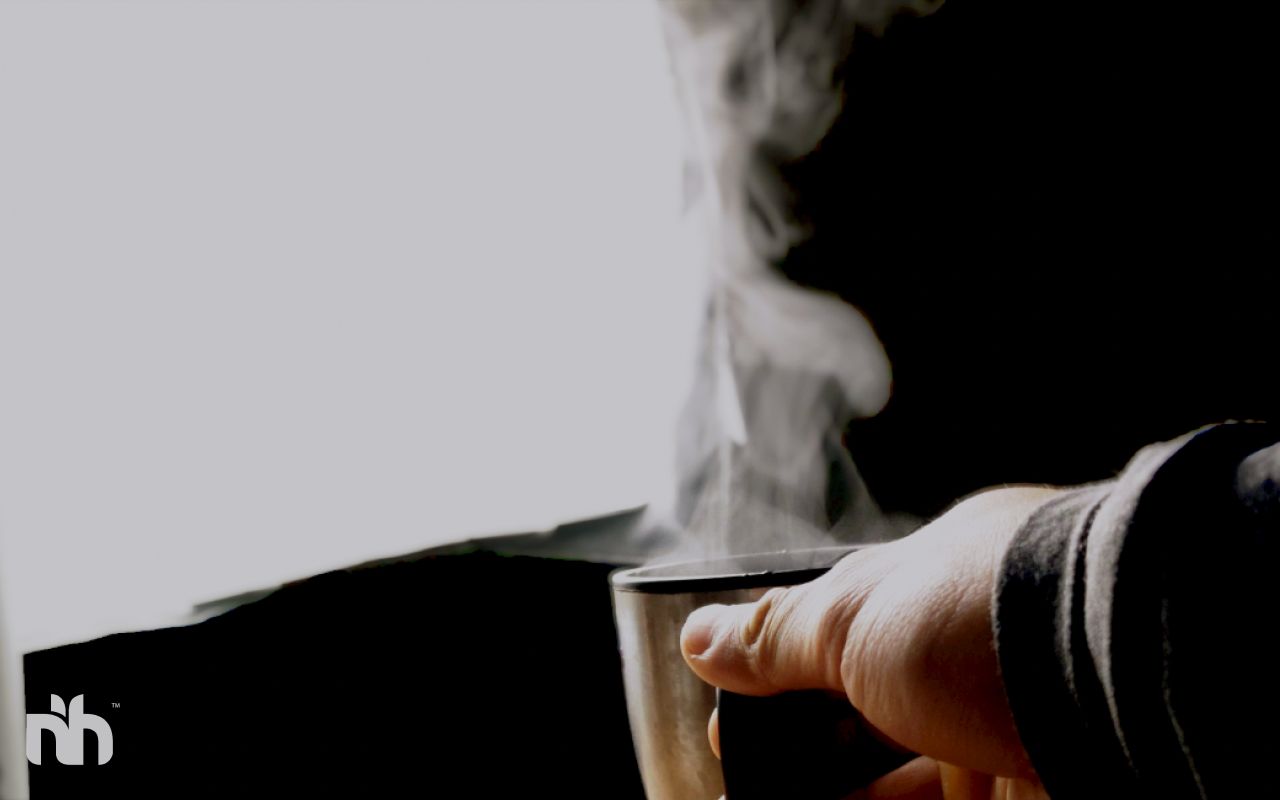
Fasting. Authentication. Inquire. Repeat
Cliff
In this second part, a disclosure on what I do for a living. With a little exposition besides nutrition, for something different.In this third part ~I'll disclose exactly what I do for a living. A little exposition besides nutrition, for something different.
I shall preface that I am expressing some degree of honesty here that may affect some people whom I interact in the daily basis. I am simply writing this as disclosure. I ask for nothing but undivided empathy amongst colleagues, either past or present for benevolence sake.
WIP / work in progress piece and subject to revision overtime for readability and/or revising of details.
Live-it-forward, AW.
—
About Me (Part 3) ~ What I actually do for a living.
What I will not talk about, is my long history of misfortunes. Much is not flattering enough. I kindly ask readers to simply piece together what they can from this concept initiative's Start Here page.
But firstly, defining what is politically correct (and not so politically correct) on my industry.

A "Designer". But It's not simple.
“I work in the Design industry. And almost everything within it as a creative.”
Them: “So jack of all trades then?”
Me: “…Respectfully ~ a lot more than that.”
My job title is not predictive per se, in that it does not carry a single description. If I were to define, from an itemised view associating with being a "creative", throughout the last decade (and going), would be as follows:
- A Graphic Designer.
- A Publications Designer.
- A Web Designer.
- A Product / UX / UI Designer.
- A Motion Graphics Designer.
- A Video Editor.
- ...And (Partial) Front-End Development.
So yes - it is politically correct for people to assume that all of the above encompasses succinctly what a "Creative Designer" does.
But what is politically incorrect and insidiuous? Our (helpless) subscription towards Generalization.
With our changing landscape towards Automation and Artificial Intelligence*, a defenite storm is brewing.
Artificial Intelligence indeed helps solve a problem objectively. What it does not do (at least not yet) is self-contemplate the wider implications or the subjectivities, behind anything it suggests. In other words, what can "it" think or say ~ about its own solution?
*Rant alert. I truly resent “influencers” amongst social media channels today design or non-design related about their unsolicited optimism “no, AI will not take away our jobs”. OR ~ "AI doesn't replace us, it creates more jobs". Is this solicited confidence? or blind optimism? Crisis of ethic, I'd wager should be the front and center of all things automation.
As we rely on automation, our skills and worth becomes inflationary. The more "How would you survive or compete - without automation?" being asked amidst interview tables (if you are looking for jobs, I truly, truly do empathize) anxieties can only go one direction. Up. It's only a matter of time that becoming a generalist becomes not just an expectation, but helplessly as that of intuition.
Hence I do take such generalization labels, jack-of-all-trades - with a slight offense. Because it represent so much of human traits that are now immediately soon becoming obsolete and inflationary.
"Jack of all trades" is more than just knowing what is the least knowledge utility (Do this X get Y) one can get away with towards a reasonable* outcome. "Reasonable" that as we emphasise as just that - reasonable. Passable. "Satisfactory".
I argue - it is how much one can accommodate by making room to learn not only the objective (Do this X, get Y). But also on top of that - the subjectives. This requires a specific Frame-of-mind of what that additional discipline or expertise, must be timely absorbed, organically.
Wielding a brush, colour theory, compositional laws, gestalt, proximity ~ does not automatically turns anyone to a designer. Though in this day and age ~ this is debatable. The very specific, untrainable frame of mind or the "eye" of a designer is the more distinguishing human trait. Albeit mistakes and errors along the way.
Likewise In my industry, being Digital / Product Design. Not as simple as booting up Figma® and plagiarise off the work of others' UI Kits. You'd need a certain organic frame of mind that is thorough, methodical and (somehow being patient enough) to set up a design proposition or deliverable that is not only malleable. But fail-safe to a degree that coincides a stakeholder needs, and more often than not other “wants” outside the brief.
Crisis of Acknowledgement amongst our "work"
I believe there is a creator element or "spirit" that is distinct away from the operator behind every job.
A mechanic is more than just a mechanic. Bricklaying more than mixing cement. In other words there is a missing narrative in all jobs we do for a living, beyond pay checks.
It is the former that adds meaning, onto all things utility. The Internet-of-Things, while no doubt simplifies life, also downgrades our appreciation-of-things, little by little.
"Utility" done aside, it's our own humility next, that is yet to be questioned (or tested). All it takes firstly is awareness. Then, acknowledgment.

Where nutrition, food coaching, and creativity overlaps.
Crisis of identity, proof-of-concepts, and proof-of-stakes.
Creatives write for themselves a brief they can stick to, including chaos management should things go south. Of course, no brief ever goes 100% to plan. They are “brief” for a reason that for anything outside remains unknown. A good designer explores the shoes and mind of the client.
Food coaches console clients (to certain degree of course, so long as one is not a surgeon) through “Discovery” sessions. Multiple times in fact, when clarity is needed. A good coach explores and uncovers, obviously within consents - the ups and downs, of the client.
Journalists and researchers chart and compile together schedules, and to-do-lists on Notion®. Gather every notes possible (Evernote®, Zotero® etc) from all literatures both mainstream and (less) mainstream. Nonetheless, they too, also explore the intricacies of the subject matter beyond just "attacking the question".
Either way, a narrative here is apparent. Exploration is necessary. What constitutes this is Chaos. Hence, that too - is necessary as extremely uncomfortable as it sounds.
Food, health or fitness coaches knows how to put contingent plans one after another, so that when one thing “fails”, or one would prepare for the worst inevitable would be to look at something else ~ off a principle, or methodology, or research from less intuitive sources or simply from palette of unknown(s).
And one can guess what a Designer does. Explorations to quite literally~ a certain kind of exhaustion unlike any other profession.
The difference between a creative, a researcher, and a food coach seems distant. But only at first glance.
Creatives are tasked to turn ambiguity to meaning. Intangible to tangible. Irrespective, from abstraction to focus and relevance. This eventually becomes an identity of its own, for a specific client.
Food coaches likewise have to see through their client. Empathy first and foremost on what they like and what they do not like. They write themselves a “Brief” looking somewhat similar to a creative brief of the patient. Existing pathology, background, history, etc. Akin to User persona? Perhaps. A plan that firstly compels a need for a Discovery, to then a back and forth consultation, rapport and review.
Every client ~ potentiates an identity design crisis. Sounds identical to branding? Perhaps.
Researchers likewise relentlessly enquire to advance knowledge frontier(s) of the unknown into more localised and focused questions. When writing a paper, the “Discussion” is arguably the most important “body” of any literature, Abstract being the last. The Discussion represents and testify all that one collated (or not yet collated), be forthcoming and disclosing of limitations, and be frankful for any mistakes in the writing.
That to me ~ sounds very similar to writing a Case Study. After all, you weave a narrative.
Design is sensitive to content writing, and vice versa.
What is sadly dismissed in today’s pedestrian normalcy of “now” generation ~ attention span deprived, and uncurious ~ do not see sensitivity of process. We have as a result ~ many crisis. Crisis of identity, acknowledgment, empathy and patience.
Once again, the Internet-of-things owes us all one day or sooner or later, the appreciation-of-things.
If I were an actual health coach…
What I would envision myself, if I were to run an actual business of food coaching, would be the following tenets.
- I don't care how good or how much you lift. The only thing matters is knowing how good you will live.
- Dogma is actually good. It controls you so you are your own disciple. However as you grow older, you should become wise at controlling it, than it controls you.
- I am not selling a "change", or guarantee "cure", or "panacea". I am selling "principles" for one to cope, in spite of challenges.
- The Hippocratic ""oath do no harm", seems pragmatic, at least in current Medical care setting today. But this is arguably paternalistic for a number of reasons
- Oxymoronic ~ because I would like to place trust in that my client is autonomously able at piecing together what works for them.
- Unintuitively ~ because autonomy cannot simply be taught by counselling alone.
- ...And unsustainable ~ at some stage - you cannot spoon-feed everyone, forever.
- Ownership is everything. Live your own failures and that of your successes.
- "Everything in moderation" fails. Because if you let averages being the be all and end all, then nothing is distinct. Everything and everyone else will always moderate you.
- Cyclical Ketogenic + Intermittent Fasting is arguably the end destination of all nutrition formatting. Because it has no "end" per-se. You get to construct your own tenet(s) via constant weekly daily or monthly exclusion and reinclusions.
- Have something else that you can work on. Other than "health" or "fitness".
- Stability before novelty. Creativity requires a sandbox. Build your castle first, before you can destroy (and renew).
- From survival and philosophic contentment standpoint, "metabolic damage", "slow metabolism" is more of a blessing, than a curse.
- Loneliness is inevitable. But experiences is the constant.
Ending (Part 3)
I remain grey in terms of artificial intelligence, at least for quite forseeable time of turbulence. It sadly beckons the worst in some people. But I admit unknowns may also bring the best, altruism, or benevolence perhaps, in some others.
But may I beckon an existential reminder by Alan Watts ~ "The road to hell is paved with good intentions".
I think the question of intent behind Automation's programming lies in its creator's responsibility to answer for social repercussions if any. After all, if we WILL ALL be "in it", In this "Internet-of-things", then surely someone or a collective behind such a paradigm ~ MUST uphold some responsibility.
I don't subscribe to a culture of "work hard to play hard". Acknowledgment that one is respected as an individual~ pays dividends beyond paycheck(s).
Nonetheless I shall repeat my disclaimer. I do not, should readers are patient enough to read this far - proclaim any sense that I “know” ins and out of a day in the life of a researcher, a food coach (despite I myself do have some credential) or a science journalist. I am not writing this article to fuel my alter ego, or stroking my own impostor
For what it's worth. I am noticing more and more people are treating (me and others) how they themselves, are being treated. As I am approaching just ten more years before mid life crisis ~ that rat race for conveniences of not thinking becomes more alluring. But this comes with a debt. Our own existentialism.
What a time to be alive.
Live-It-Forward,
AW.
